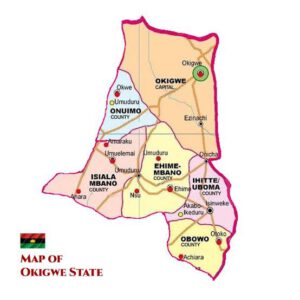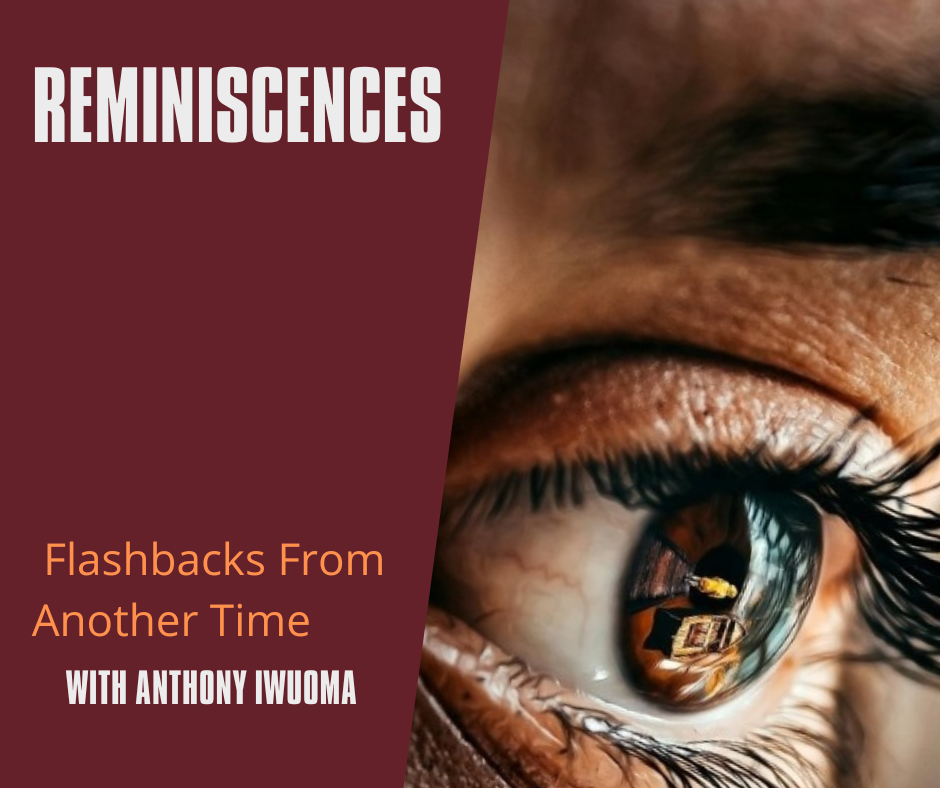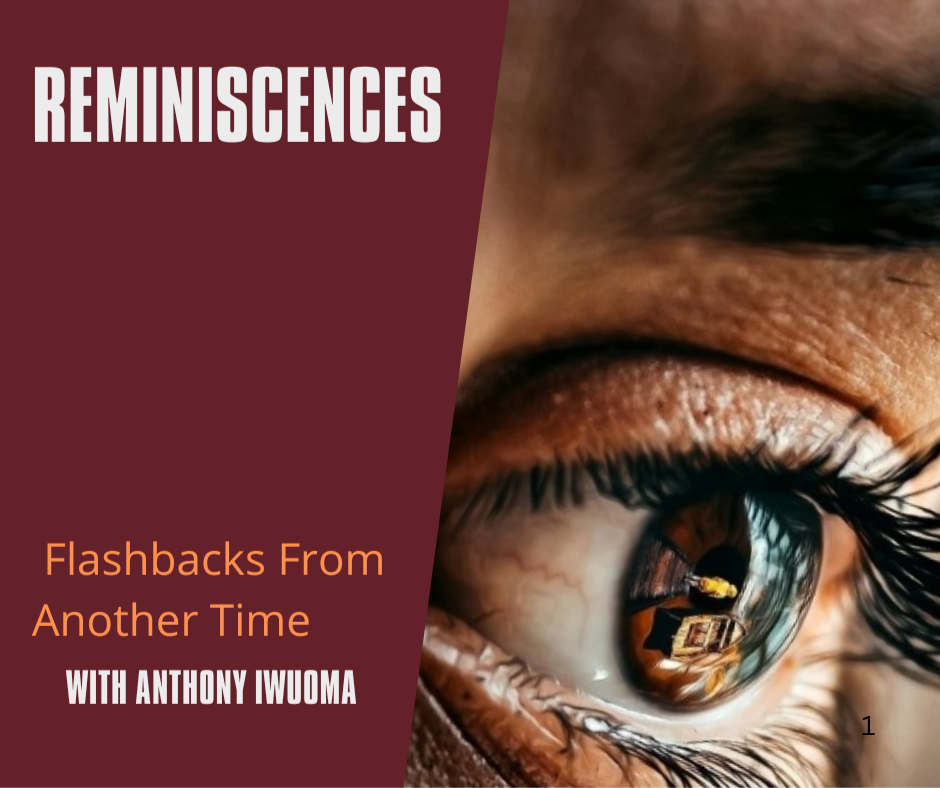
By Publisher
Kindly share:
By Anthony Iwuoma
As Nigeria approaches another pivotal election year in 2027, the political terrain in Imo North Senatorial District, also known as Okigwe Zone, is already brimming with quiet calculations, subtle realignments, and familiar tensions. Historically, the zone has been a dynamic yet unsettled political space, often plagued by inconsistent representation, legal tussles, party switches, and underwhelming development outcomes.
From 1999 to the present, Okigwe Zone has been represented by a handful of senators whose legacies range from impactful to forgettable. While each came into office with considerable promise, some ultimately left their constituents yearning for more, more projects, more visibility, more advocacy, and above all, more transformative leadership.
As 2027 looms, a frank audit of past senatorial performances is not only necessary but urgent. The time has come for Okigwe to recalibrate and make a more deliberate choice, one grounded in competence, development vision, and ethical leadership.
The Track Record: Senators of Imo North Since 1999
1. Senator Ifeanyi Ararume (1999–2007)
Senator Ifeanyi Ararume was one of the earliest political giants from Okigwe Zone in the Fourth Republic. A two-term senator under the Peoples Democratic Party, PDP, Ararume wielded significant influence in the National Assembly and beyond. Known for his robust networking and political resilience, he played a notable role in committee work and national discourse.
However, his frequent cross-carpeting between political parties ultimately eroded public trust. While his tenure featured attempts at attracting federal attention to the zone, critics argue that the projects were minimal in scale and sustainability. Moreover, Ararume’s post-Senate years were often marked by gubernatorial bids and controversial court cases, which kept him in the news but did little to improve Okigwe’s fortunes. For him, it is almost as if his political journey has come to a close, having seemingly been jinxed in his quest for the Imo State Government House, always almost there but never did.
2. Senator Matthew Ifeanyi Nwagwu (2011–2015)
A career diplomat turned senator, Matthew Nwagwu, came into office with a calm demeanour and international experience. His tenure was largely scandal-free, and he advocated for human capital development, especially in education and health.
That said, Nwagwu’s Senate years were generally low-profile. His approach to legislation and constituency engagement was viewed as too subtle for a region desperate for visible and aggressive development. Constituents often complained of minimal outreach and a lack of impactful infrastructure projects. In an environment like Nigeria’s Senate, where assertiveness often determines visibility and influence, Nwagwu’s diplomacy failed to translate into local wins.
3. Senators Sylvester Anyanwu and Athan Achonu
We must also not forget that Sen. Sylvester Anyanwu served between 2011-2015.
Likewise, Sen. Athan Achonu, the One-Arm General, had a brief stint before the court removed him for Sen. Ben Uwajumogu who took over the saddle, finished the term, and got reelected. He was in court again only sworn in for about 2 months before his death in Dec. 2019.
Uwajumogu won against Achonu in a bye election after the later was removed by the court.
4. Senator Benjamin Uwajumogu (2015–2019; 2019–2019)
Senator Uwajumogu entered the Senate after serving as Speaker of the Imo State House of Assembly, a position that should have primed him for success. His first term saw modest efforts in health, education, and job creation.
Notably, he attempted to improve rural electrification and advocated for youth empowerment.
He initiated large-scale projects, including rural roads, schools in all wards, health centres, transformers, water boreholes, and market construction.
He offered scholarships to thousands of students, empowered women/youths, and provided medical outreach.
He also sponsored two notable bills, Occupational Safety & Health and Whistleblower Protection.
Sadly, Uwajumogu’s second term was cut short by persistent health issues. Widely praised as one of the most effective Okigwe senators, he passed away in office in December 2019. Even before his death, health challenges limited his national visibility. While he had the experience and connections to deliver, much of his potential remained unrealised.
His major legacy is the college of education he attracted, which is named after him today.
5. Senator Frank Ibezim (2021–2023)
Senator Frank Ibezim’s journey to the Senate was unusually turbulent. After winning the All Progressives Congress, APC, primaries in 2020, he faced a protracted legal battle that delayed his swearing-in until nearly mid-2021. By then, the legislative calendar was well underway, and the odds of making a deep impact were slim.
Yet, within that narrow window, Ibezim sought to stabilise representation in Okigwe Zone. He showed a clear interest in bridging the digital gap, promoting digital literacy, and encouraging investment in ICT-driven programmes. He also worked to push federal attention toward roads and rural infrastructure.
He sponsored bills for the establishment of a Federal Orthopedic Hospital, a Federal Medical Centre in the zone, and a legal framework for the Project Development Institute (PRODA).
He was instrumental in the rehabilitation of the Okigwe power substation, distributed hundreds of solar streetlights, built classroom blocks, sponsored youth empowerment programmes, and promoted health and education schemes.
Where Ibezim was particularly commendable was his focus on real, if modest, projects, rural electrification, youth training programmes, and intervention grants. He played the role of a stabiliser in a zone weary of legal disputes and absentee representation.
Fairness demands that Ibezim not be judged solely by the length of his tenure but by the intent and momentum he created. His efforts deserve recognition and should serve as a baseline for future legislators.
And, indeed, he was honoured for his trailblazing brief tenure; seen by many as having surpassed predecessors in both lawmaking and constituency service within a short time.
6. Senator Patrick Ndubueze (2023–Present)
The current senator, Patrick Ndubueze, is no stranger to federal politics, having served in the House of Representatives during Nigeria’s Third Republic. His controversial 2023 election under the APC was met with cautious optimism. Many expected that his experience and political maturity would translate into bold initiatives.
Unfortunately, over two years into his tenure, Ndubueze has failed to deliver either direction or inspiration. Constituency engagement is minimal, legislative contributions are negligible, and physical project presence is still largely invisible. His aloof style of politics, like some of his predecessors, appears misaligned with the urgent needs of a zone plagued by unemployment, infrastructure decay, youth restiveness, and general insecurity.
To make matters worse, Ndubueze’s office has yet to provide clear legislative goals or trackable performance metrics apart from photographs of his social activities robustly shared by his media aides. In a region that has endured fluctuating representation, this kind of passive leadership is a regression.
However, to his credit is the passage and presidential assent to the establishment Federal University in the zone. This seemed to have resonated with the people who are still angered by the way and manner he had handled the distribution of the federal government rice palliatives.
Why Imo North Must Chart a New Path in 2027
Imo North can no longer afford half-measures. With a population spread across six local governments, Okigwe, Isiala Mbano, Onuimo, Ihitte/Uboma, Ehime Mbano, and Obowo, the senatorial district requires a leader with energy, vision, and political acumen.
The zone is in desperate need of:
Aggressive Infrastructure Advocacy: Federal roads across the zone remain in disrepair. Representation must bring consistent pressure on federal ministries and agencies for rehabilitation projects.
Youth and Skills Development: With rising unemployment, a proactive senator should push for digital training centers, startup grants, and federal job linkages for constituents.
Transparent Constituency Project Execution: Constituency funds must be used transparently, with regular updates and community consultations on project selection and execution.
Legislative Visibility: The next senator must be an active contributor to national debates, capable of securing influential committee roles and leveraging them for the zone’s benefit.
Who Should Represent Okigwe in 2027?
The ideal candidate for 2027 must embody a blend of grassroots familiarity and developmental focus. The zone has tested political heavyweights and seasoned returnees, and the results have been mixed. This time, it must opt for technocratic leadership with political maturity.
One name is already gaining traction in local discussions, albeit in hushed tones. He has strong roots in the zone where testimonies of his sterling qualities trail the mention of his name. He has the clout, international exposure, and local connection desired for the job. Above all, he has a humane touch and has, over the years, been quietly executing community development projects, spanning housing, education, and women/youth empowerment programmes, even without any known interest in politics. It seems people are determined to drag him into the race.
Indeed, he is a new generation of leadership, policy-driven, non-combative, and transparent, and advocating for data-driven budgeting aligns with the current demands of legislative efficiency.
More importantly, he has neither a political godfather whose interest he would be expected to serve before the people he would be representing nor baggage of party-hopping or court-imposed mandates. He is young enough to bring energy and old enough to understand the nuances of Abuja politics. The zone should consider rallying behind someone like him, a fresh yet grounded alternative to the worn-out establishment figures. However, it is not yet clear whether he would heed the cry of the people and give them the transformative representation they yearn for.
What the Electorate Must Do Differently:
To ensure better outcomes in 2027, Imo North voters must:
Reject Godfatherism: Let credible, grassroots-supported candidates emerge without manipulation by political warlords and big pockets.
Focus on Track Records: Not rhetoric. Not slogans. Real evidence of service, engagement, and performance.
Insist on Town Halls and Debates: Candidates must speak directly to the people and explain how they plan to tackle unemployment, security, and poor infrastructure.
Utilise Media for Accountability: Social media and local radio should be leveraged to demand updates and monitor progress after elections.
Conclusion: The Time Is Now
For far too long, Imo North has been held hostage by underwhelming representation and legal drama. Each election cycle becomes a replay of familiar names, recycled promises, and dashed hopes. But 2027 offers a rare opportunity for a clean break.
Senator Ndubueze has, thus far, not demonstrated the drive or vision the district desperately needs. While Senator Ibezim’s short-lived term offered a glimpse of steady leadership, the zone must now move toward a more ambitious choice, someone with both capacity and clarity of purpose.
Okigwe Zone must rise to the moment. The mistakes of the past need not define the future. It’s time to shift from a politics of name recognition to a politics of impact.
Anthony Iwuoma is a public affairs analyst and newspaper columnist. He wrote from Owerri, Imo State.





